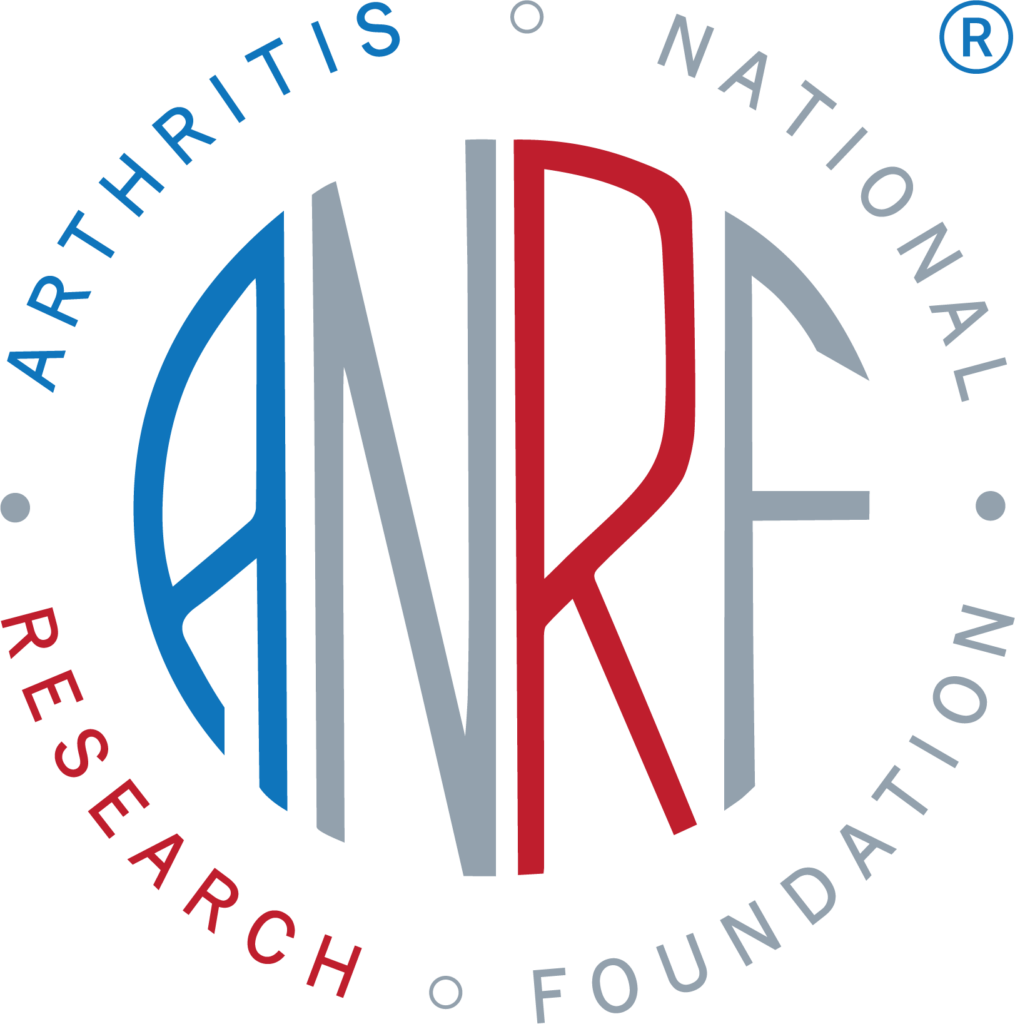Biography
I am a pediatric rheumatologist at the University of Washington/Seattle Children’s Hospital and pursue research with my mentor, Dr. Jessica Hamerman, at the Benaroya Research Institute. I am working to understand the role of human monocytes in macrophage activation syndrome (MAS) and am particularly interested in understanding the interactions between cytokines and innate immune sensors in driving MAS pathogenesis. I first became interested in immunology during college and completed a B.S. in Biological Sciences at Stanford University. My interest in the role of cytokines and innate immune effector cells developed while working on my master’s degree at the London School of Hygiene and Tropical Medicine. This project piqued my interest in investigating the functions of complex interactions of cytokine signals by innate immune effector cells. I continued to delve into the effect of cytokines in innate immune cells while pursuing my PhD in Immunology at Washington University in St Louis where I investigated the effect of interferon gamma on macrophages in regulating viral replication. Through medical school and my pediatrics residency, I became interested in the role of cytokines in the pathogenesis and treatment of rheumatic diseases; specifically, I developed a strong interest in MAS, a form of secondary hemophagocytic lymphohistiocytosis (sHLH), which can develop as a complication of rheumatic disease. I completed pediatric rheumatology fellowship training at UW/Seattle Children’s Hospital in 2021 and am excited to have the opportunity to continue my career as a physician scientist with the support of the Arthritis National Research Foundation.
Research Summary:
Macrophage activation syndrome (MAS) is a dysfunctional hyperinflammatory response that is a potentially fatal complication of rheumatic diseases. MAS is most commonly associated with systemic juvenile idiopathic arthritis (sJIA), a systemic inflammatory disease that affects children causing daily spiking fevers, rashes, arthritis, and at times inflammation of internal organs such as the heart and lungs. In patients over 16 years of age, this diagnosis is termed adult-onset Still’s disease. MAS can also complicate other rheumatic diseases, including lupus and dermatomyositis. White blood cells (WBCs) have been identified as critical to the pathogenesis of MAS, leading to secretion of inflammatory messaging proteins, called cytokines. One type of WBC, monocytes, are found in circulation in the blood and are critically important to MAS pathogenesis. In this project, I will define changes in specific monocytes from children with MAS in comparison to children with sJIA without MAS and healthy children without autoimmune or autoinflammatory disease. We are identifying changes using RNA sequencing, a technique by which we identify all the active genes in a cell, providing unprecedented insight into the function and response of these cells to the hyperinflammatory environment of MAS. I will also use additional studies to understand the basis for the inflammatory environment in MAS. Through these studies, we aim to define the contribution and response of monocytes during MAS, providing greater insight into the mechanisms of disease and potentially identifying novel targets for therapy.






